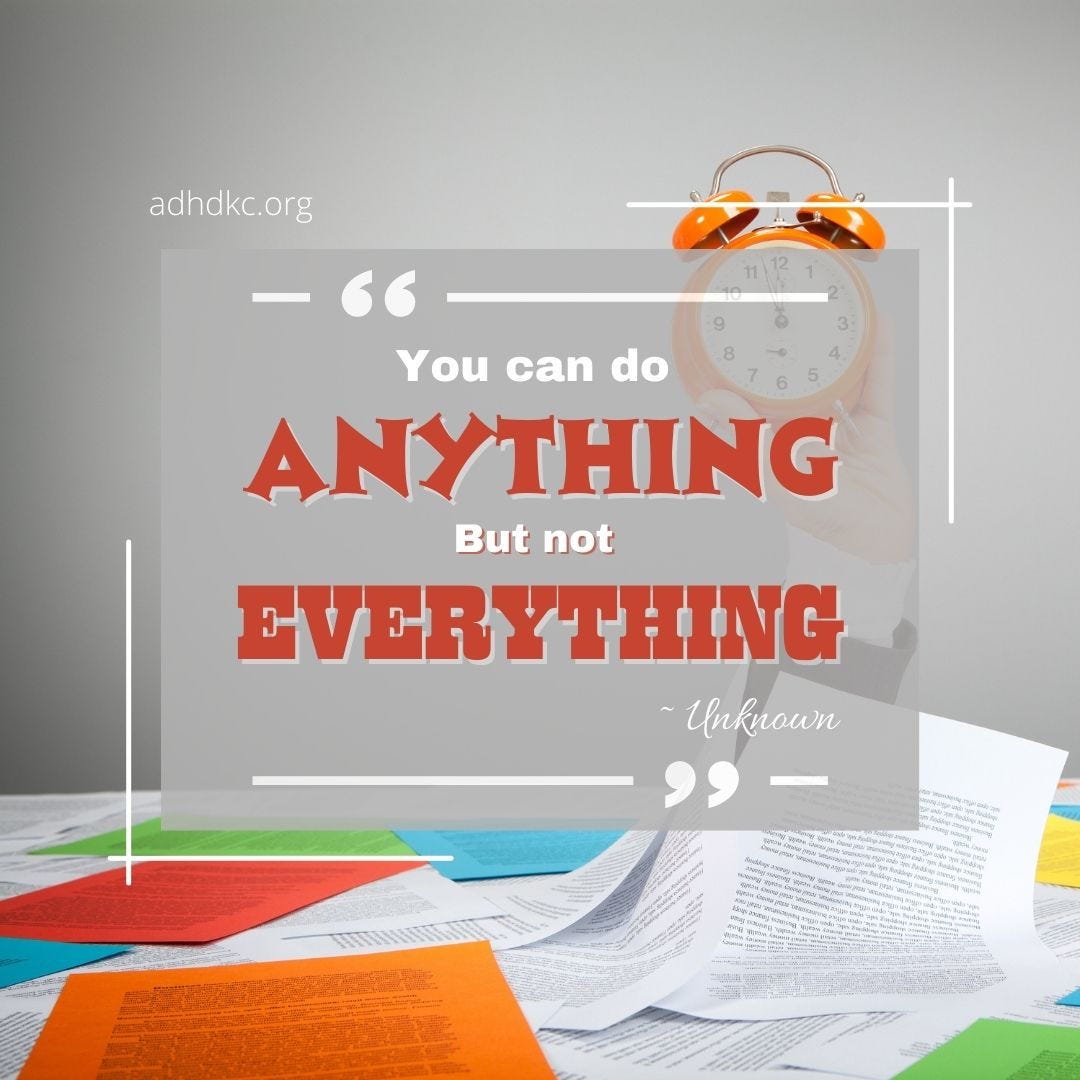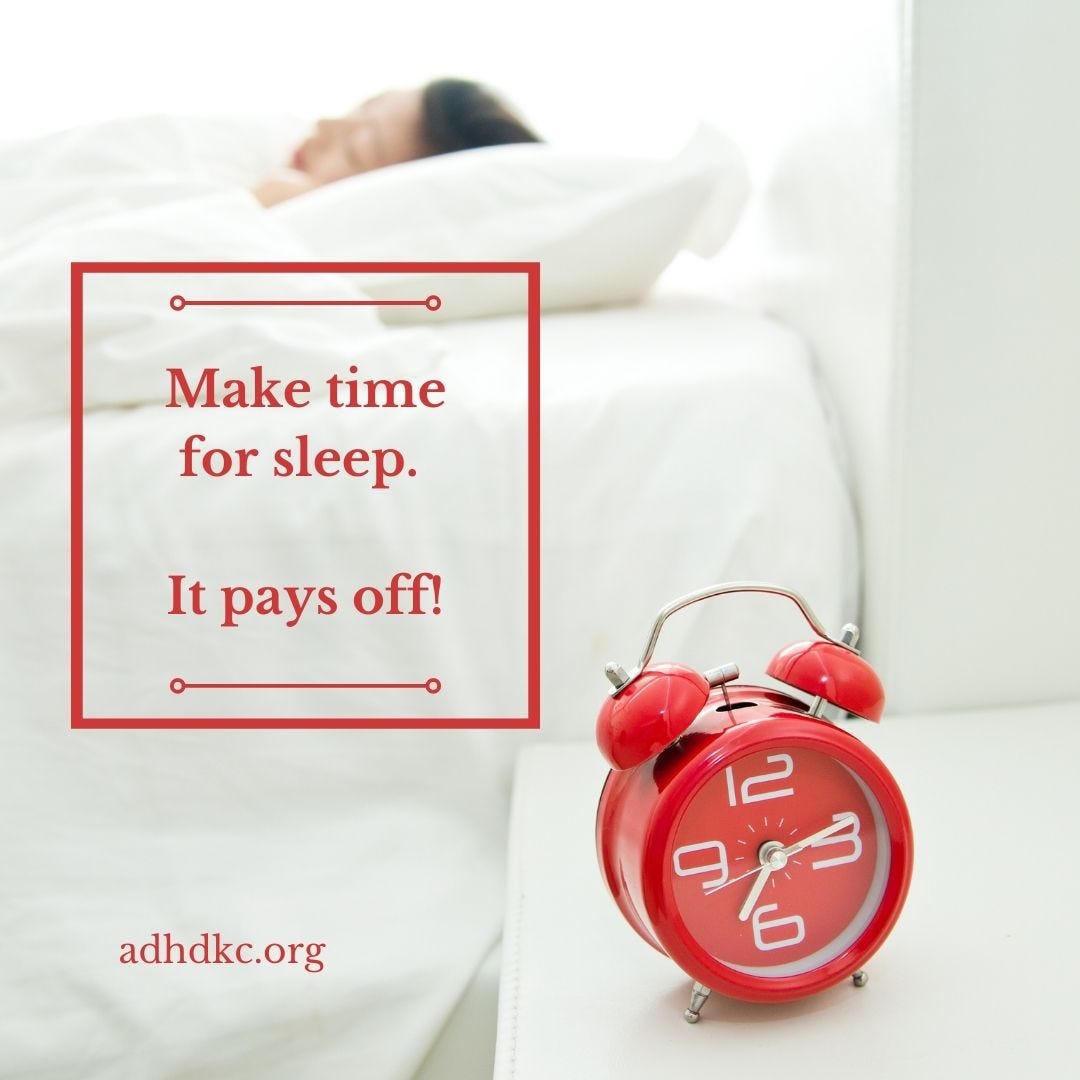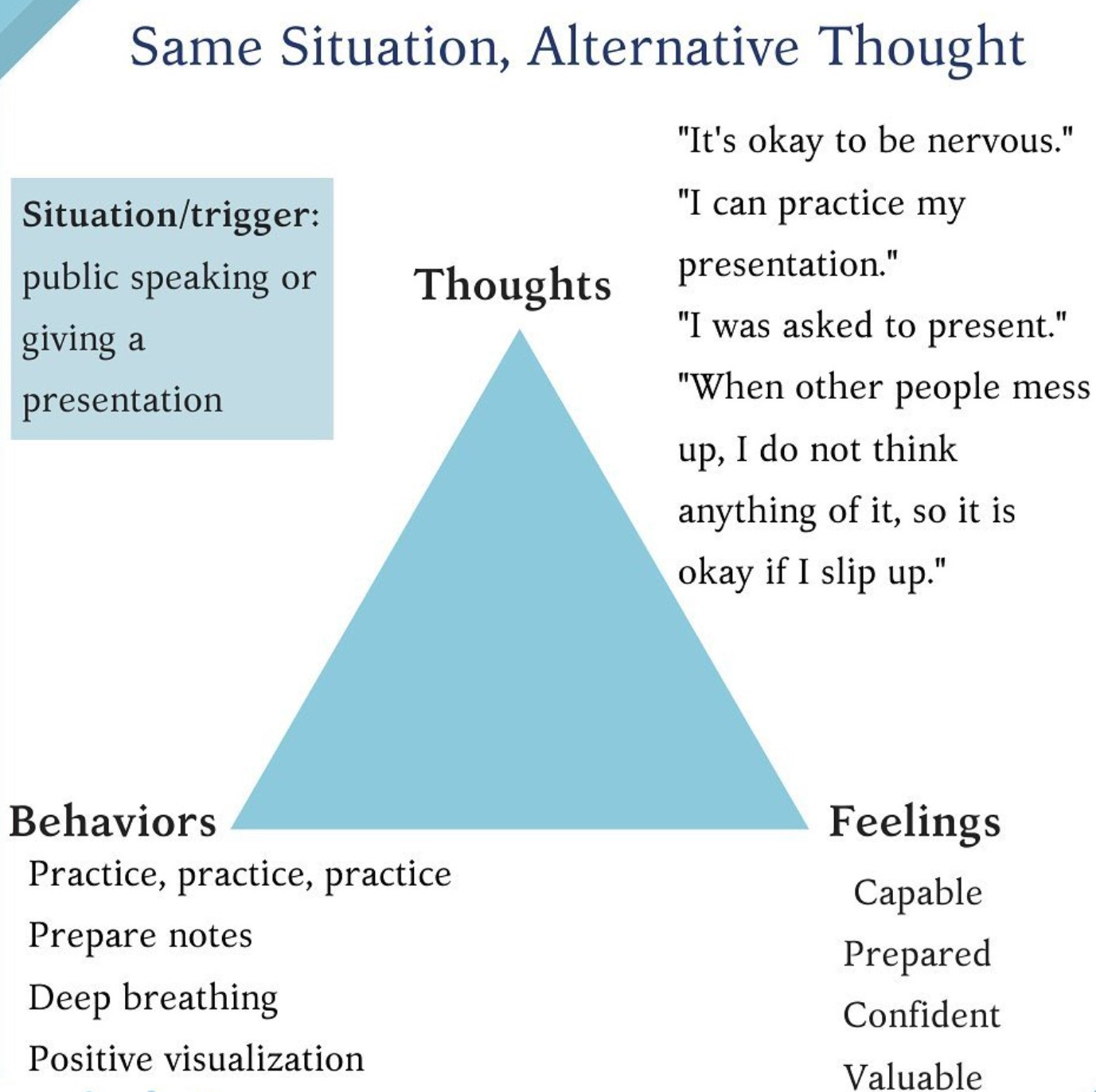We all have stressful things happen, but what can we do about it?
Learning to de-stress is possible.
1. Exercise
You’ve heard that exercise is good for your health, but you may not realize how great it is for your mind too. Or maybe you do realize it, but you feel so overwhelmed that you don’t think you have time for it.
Make the time. This one’s important enough that it should remain a priority when you’re busy.
Plus exercise has been shown to help clear your mind so you can focus and be more efficient at everything else you do. It helps you sleep better at night, which in turn helps you focus better and feel less stressed.
2. Cut back
If you’re overwhelmed, prioritize what is important.
Remember that if you take on too much, you can’t do everything well, so you will not be your best. Mental health is more important than doing it all. Cut back and focus on what’s really important to you getting where you want to be!
As you’re cutting back, be aware of what’s important.
You can’t simply stop doing coursework if you’re a student or not finish tasks at work.
It’s not wise to cut back on the essentials of sleeping and exercise. These should always be entered into your planner so they get done.
You still need time to relax and be around your friends and family. Put that time in your schedule and make it happen.
Giving to others helps us on many levels, so doing volunteer service is great – but it should mean something to you. Don’t just do something because you feel like you need to do it. Find things you enjoy and help others using that passion.
It's okay to say no when asked to take on one more task if you're already busy.
It’s all about balance.
3. Eat healthy
We’ve all heard that we should eat healthy. It’s not new news at all that we should try to eat plenty of fruits and vegetables, healthy proteins, and complex carbohydrates.
Yet many of us fail to eat well for a variety of reasons. There are many excuses, but we all need to problem solve to find solutions, not just grab another unhealthy snack and keep repeating the same mistake.
If you make a few adjustments each day, you’ll start noticing a difference in how you feel. Start by choosing water over soda or juice. Try eating a fruit or vegetable and a protein with each meal and snack. Pass on the crackers, cookies, and other junk foods. Try a new healthy food if you’re picky.
If you aren’t hungry mid-day due to medicine, be sure to eat a healthy breakfast. This does not mean cereal. Healthy breakfasts that will last through the day include protein and fiber.
4. Sleep
I can’t stress enough how important sleep is.
We seem to underestimate the value and see it as time wasted.
Time management problems all day do not give you the excuse to stay up finishing homework.
You should never stay up to do something you wouldn’t get up early to do. For instance, you would probably not set your alarm to wake up and watch a YouTube video, right? That means you shouldn’t stay up “just a few minutes” later to watch it. Go to sleep. It will be there later.
Use all the night features your computer and phone offer.
The blue light from your screen keeps the melatonin in your brain from rising. You need melatonin to feel tired. That means if you’re using any screen with normal lighting, you won’t feel tired and you’re likely to lay awake even if you go to bed. Set a time for the blue light to change automatically about 2 hours before your ideal bedtime. Not sure how? Try flux for free!
Make sure your phone won’t wake you with notifications, calls, or texts in the middle of the night. Just because someone else is suffering from insomnia doesn’t mean you need to be awake. Set the night mode.
5. Screen time limits
This seems to repeat what was just said, but there’s more. So much more that it’s covered in Screen Time Limits.
Most of us underestimate how much time we spend online. Your phone has tracking software - if you don’t know how to use it, use your favorite search engine to learn how.
Use the knowledge gained about your screen use to adjust it to an amount that allows you to be productive and have time for the necessities of life.
It’s too risky to have full access to phones and all of their distractions 24/7. You’re fighting against an industry that invests in finding ways to get you hooked and wanting to spend more time on their content. We get dopamine hits each time we play online. Dopamine makes us feel good, so we want more.
Keep your phone away from your bed to avoid the urge to check it if you can’t sleep.
6. Take 5
Take 5-10 minutes each day just for you. It’s not much time, and if you make the time, you’ll find that it pays back!
Set a dedicated time to reflect on your day: What did you accomplish – celebrate the big and the little goals met. Are there things that will be a high priority tomorrow? What are you thankful for?
Once a week take a look at the week and month ahead so there are no surprises of big deadlines and events.
You can use this Daily Focus sheet that was shared in an ADHDKCTeen event. Don’t forget to add the positive things that happened every day!
7. Practice Mindfulness
Make time throughout every day to be mindful.
There’s a reason experts always talk about practicing mindfulness. It takes time to enjoy the benefits. Learn to use it and practice mindfulness daily.
For mindfulness tips and several free apps to help guide your mindfulness, see ADHDKC’s Pinterest Mindfulness board. If you use mindfulness regularly, you will notice less stress.
Find something that you do every day and link it to stopping to be purposefully mindful. Start a morning routine that includes mindfulness. Practice again before going to bed.
8. Think positive
We often find ourselves caught in a negative feedback loop where we feel bad and ruminate on all the bad stuff happening, which makes us feel more stressed and feeds into more bad things.
How we think drives our feelings and behaviors.
The good news is that we can learn to think differently, which changes our feelings and behaviors. These new behaviors can drive a better outcome, and more positive thoughts and feelings.












